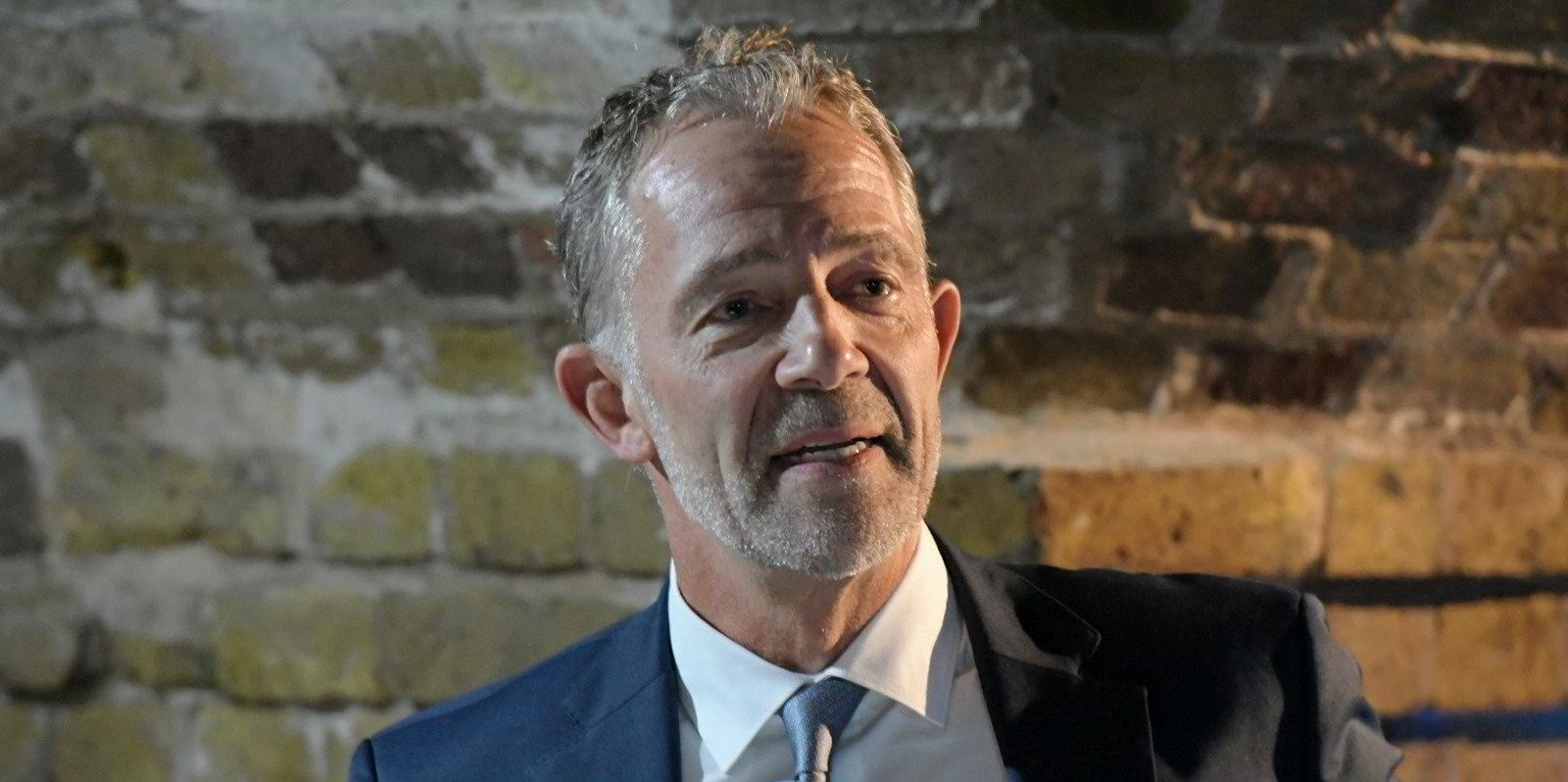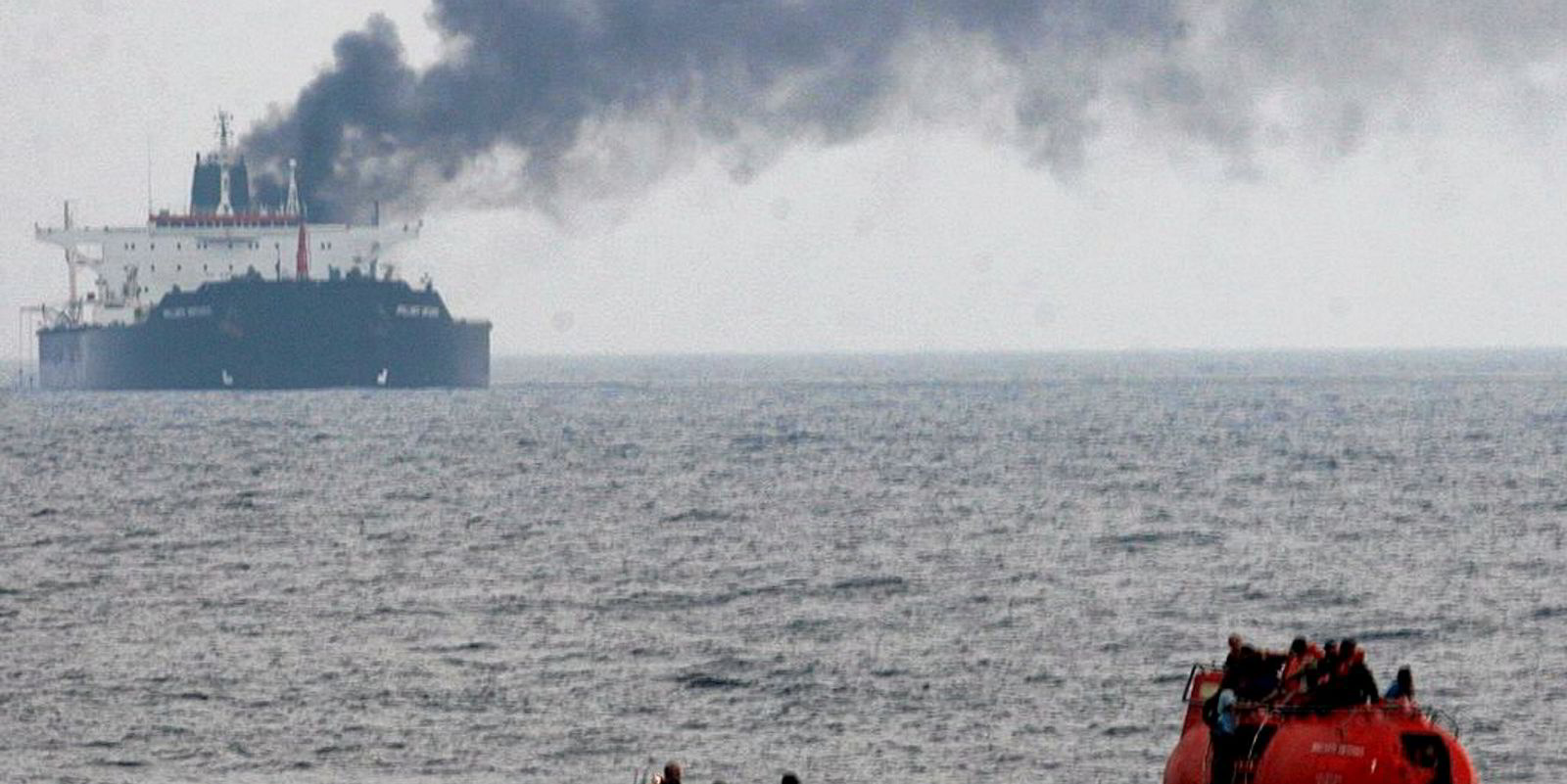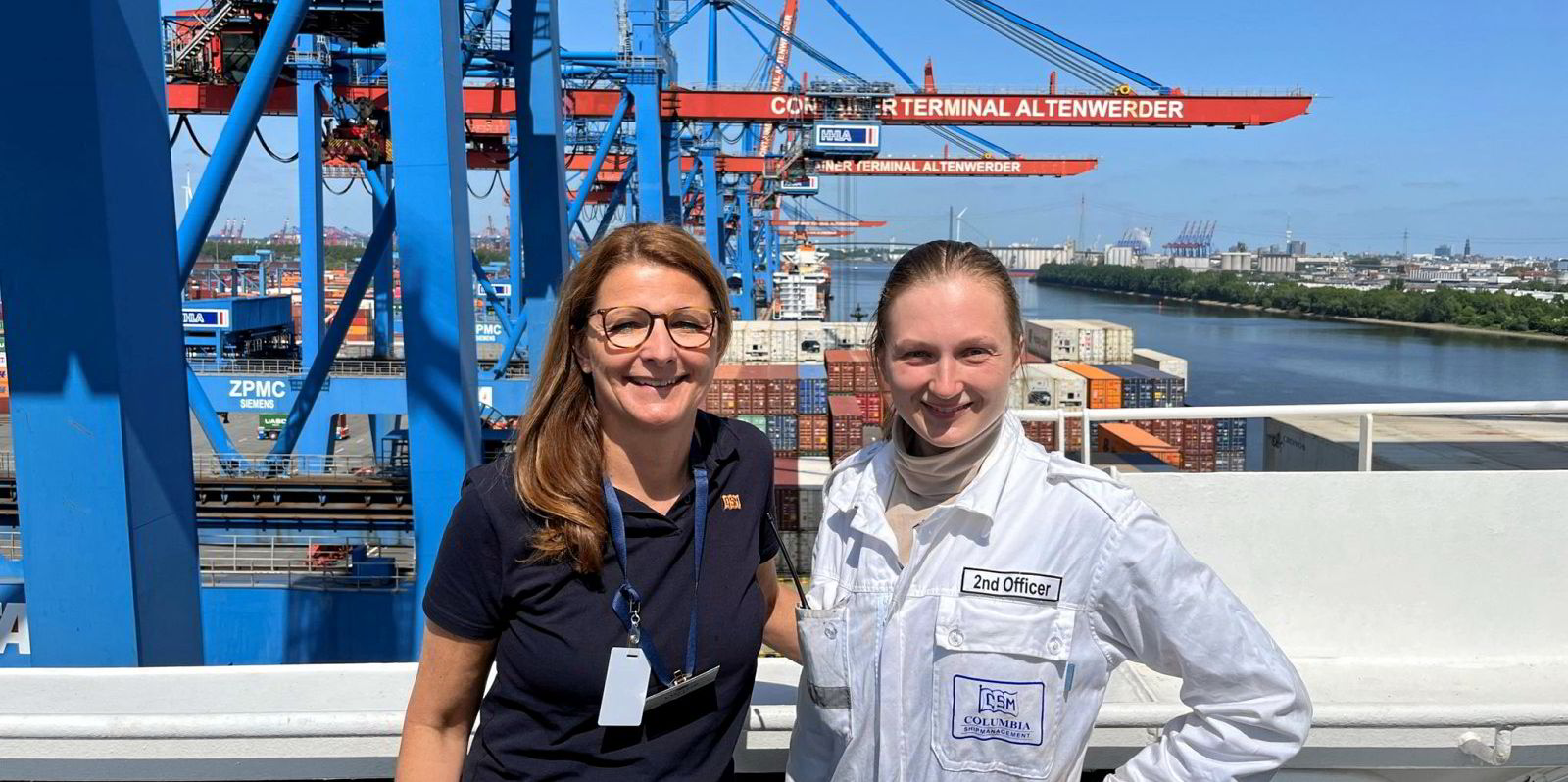Leading ship managers have issued a code of conduct spelling out how they expect one another to behave.
The move is designed to raise standards of in-house and third-party managers in the belief that it will grow the market.
Rene Kofod-Olsen, chief executive of ship management and marine services group V., said: “This industry is of course not as big as it should be.
“It is us, as an industry, that has to push this to the next milestone.”
Currently, only around 16% of the ship management and services business is outsourced — a figure that Kofod-Olsen deems “surprising”.
But growing that figure is high on the agenda of InterManager, the industry body that represents in-house and third-party ship managers.
Its members see collaboration as key and so cooperate in areas such as safety, IT and training.
Their collective ambition culminated in September with the launch of a set of General Principles of Conduct and Action for the ship management sector.
The 46-page document and questionnaire cover a wide range of operational and ethical issues, ranging from diversity and harassment to social responsibility and training.

Get on board!
The general principles have been one of the goals of Mark O’Neil, who is halfway through a second two-year term as president of InterManager.
He deems it vitally important to get as many ship management companies on board as possible.
O’Neil, who is also president of Columbia Shipmanagement, said the alternative is for companies such as his to push their own competitive agenda.
“That will only win me so much of the market, probably from my competitors,” he said.
“If we as an industry improve our standards to the extent that I hope we can, the 16% or 17% of the maritime sector that we currently enjoy will hopefully become 40%. Then, we all benefit.”
Measuring adherence of ship managers to general principles will be done in two phases.
Initially, InterManager will rely on self-assessment of several key performance indicators.
This will be followed by periodic, confidential audits by a third party.

The aim of the audit will be to assess and demonstrate how and where improvement can be achieved.
“It’s not a pass or a fail, it’s an aspirational thing,” O’Neil told TradeWinds. “The requirement is to show commitment to the general principles, to show you’re on that route.
“And unless the third party shows clear evidence that you’re in breach and not wanting to go on that route, there’s no issue.”
In instances of concern, poor practice or failure to remedy, InterManager’s executive committee will determine whether the particular company should remain a member.
“We are really talking about exceptional cases, which I hope will be very rare,” O’Neil said.
“But if there is an issue, you’re out. That will give the market confidence and raise the standard of the overall sector.
“We do not expect full compliance on day one, from either existing or new members, but there has to be a demonstrable commitment to working towards full compliance and a steady improvement.”
Inclusivity
O’Neil believes adherence to the general principles will remove question marks over the quality of external or third-party management.
“There are inevitably some cowboys out there,” he said. “I’m surprised you can set up a management outfit tomorrow for bulkers or container [ships] without having a qualification.”
In time, the shipping industry will realise that those who do aspire to the new InterManager standard “must be better than those on the outside”.
That is expected to drive up membership of InterManager, which is led by secretary general Kuba Szymanski.
“There can be no reason why a manager would not want to be a member of InterManager unless it did not want to open itself up to improvement by incorporation of these general principles and to self-assessment or audit,” O’Neil said.
Szymanski said: “I firmly believe that this process should be inclusive not exclusive, encouraging and aspirational as opposed to penalising, and co-operational as opposed to confrontational.”





